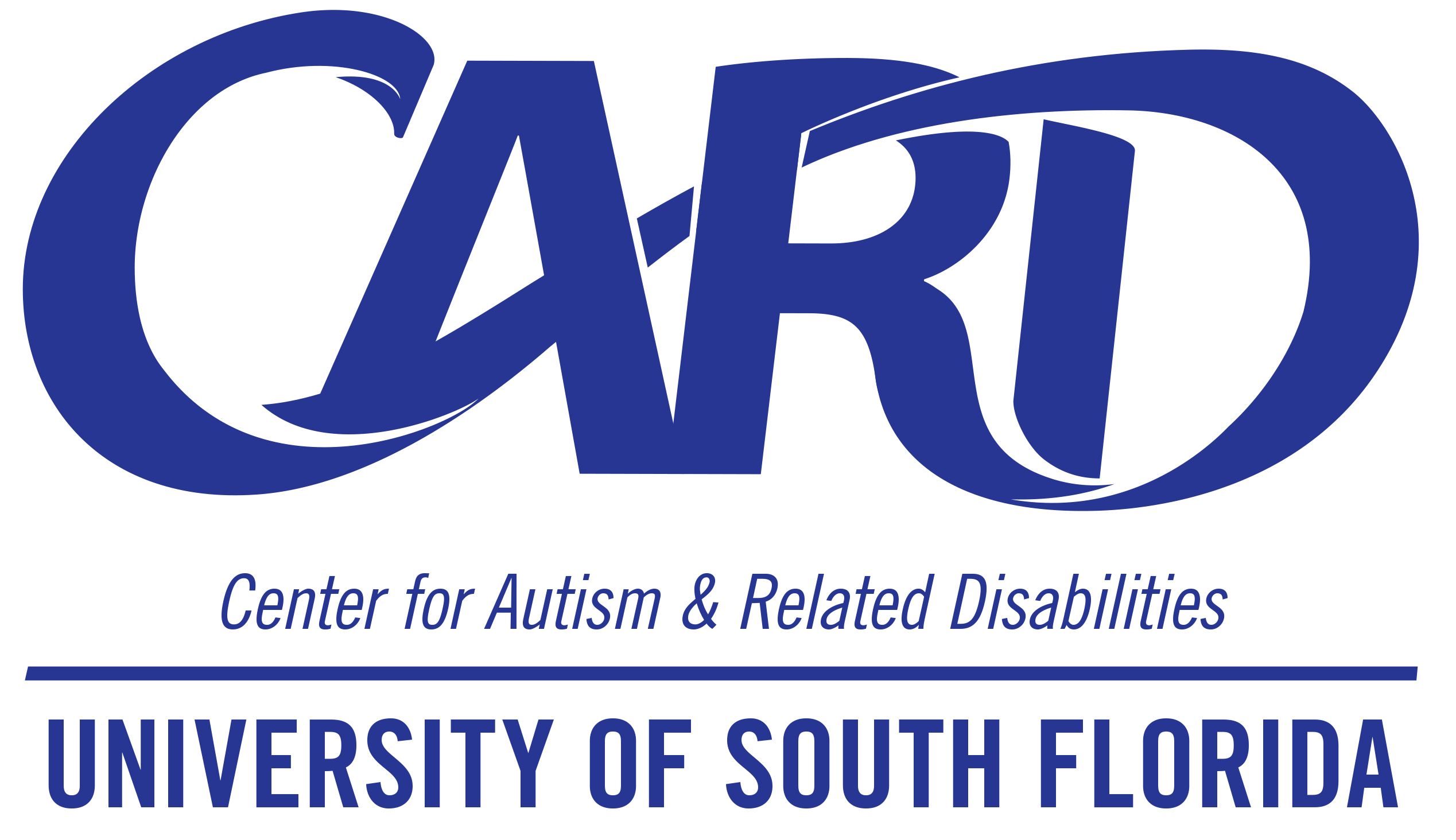Professional Development
Dates:
Available until August 25
Times:
Self-Paced
Location:
Online via ZOOM
Registration Deadline:
NA
 NADD Series: Crisis Management
NADD Series: Crisis Management
Training Description
The four session recordings for this training are now available! Sign up here to view: https://form.jotform.com/252094387717062
This is a four-part series hosted by The National Association for the Dually Diagnosed. Zoom access links will be emailed to registrants upon completion of their registration.
Module 1 Crisis Overview (Available until August 25, 2025): Participants will receive an overview of the series and crisis topic.
Module 2 Pre-Crisis (Available until August 25, 2025): Recognizing pre-crisis behaviors involves identifying early signs that may signal an impending crisis. By spotting specific indicators of a looming crisis, proactive and trauma-informed strategies can be employed to anticipate challenges while remaining sensitive to past traumas. Inclusive care planning is essential, ensuring that individual needs are considered and addressed. Empowering individuals with intellectual and developmental disabilities (IDD) and co-occurring mental health conditions is a key focus, using tools that encourage active participation in their own care planning. Additionally, familiarity with a crisis planning worksheet helps to streamline the planning process.
Module 3 Crisis Mitigation (Available until August 25, 2025): In this module, we learn essential strategies for effectively and empathetically addressing crises as they occur. Key components include recognizing and documenting crises by accurately describing behavioral or mental health issues, as well as implementing timely de-escalation strategies involving the team and following pre-defined individual plans. We highlight the importance of trauma-informed crisis response, which takes past trauma into account when developing intervention strategies. Additionally, effective support for individuals in crisis involves active listening, non-judgmental empathy, fostering a sense of safety, and maintaining calm through appropriate speech, tone, and body language. Finally, we explore various crisis resources available in Florida, including telehealth services, the 988 Crisis Hotline, mobile response teams, and the Trevor Project for LGBTQ+ youth.
Module 4 Post-Crisis (Available until August 25, 2025): In the post-crisis module, we explore Critical Incident Stress Management (CISM) to mitigate the risk of long-term psychological trauma through timely emotional support. The module highlights the significance of ongoing mental health care and collaboration among professionals for effective treatment planning. We learn about conducting inclusive debriefing processes to help mitigate trauma and incorporate insights into revising individual crisis plans. Additionally, the module focuses on facilitating recovery by encouraging healthy coping mechanisms and crisis prevention strategies, while also reinforcing positive adaptive behaviors to empower individuals against future crises. Creating a safe, judgment-free environment is underscored, allowing open communication and self-expression without fear of criticism. We also discuss the importance of learning from crises through debriefing to refine future responses, and the necessity of practicing self-care strategies to maintain personal well-being while supporting others in crisis.
Training Objectives
Pre-Crisis: Describe strategies to prevent crises and importance of early detection, such as describing behavior-change interventions BEFORE implementation. Demonstrate how to work with an individual to incorporate their input using 2 separate tools: “Tips to Manage Triggers” and “What to Do When I Don’t Feel Okay.” Use the “Red Panic Button” phone app. Complete an individualized crisis plan.
Crisis Mitigation: Describe what a behavioral/mental health crisis looks like. Properly document a behavioral/mental health crisis. Implement de-escalation strategies as needed, such as providing effective treatment. Identify strategies for intervention during crisis that are trauma-informed and minimize harm. Identify crisis-related resources in Florida.
Post-Crisis: Identify ways to manage a critical incident to minimize stress impact. Use a debriefing process and tool to: Describe what happened as the crisis developed; Discuss what happened during the crisis; Describe what worked/did not work during a prior crisis; and Develop plans for future incidents. Amend the personal crisis plan, such as involving clients and stakeholders that align goals, selecting and designing assessments and behavior change interventions, and conducting continual progress monitory. Craft a trauma-informed response plan to debrief and proactively manage future incidents, such as implementing a continual evaluation of the behavior-change intervention.Target Audience
Family members, caregivers, medical providers, clinicians, school personnel and staff, and community leaders who work directly with persons with intellectual and/or developmental disabilities.
About the Presenters
Both Drs. Mark and Celeste Harvey are board-certified behavioral analysts. Celeste is an associate professor at the Chicago School of Professional Psychology and has conducted and published research within the field of behavior analysis and related training for several decades. Mark is a professor at the Florida Institute of Technology and has published comprehensive work and extensive experience with training and working within the disability communities, spanning over 20 years.
Contact
Dr. Kristin McGill
DDTraining@thenadd.org
503-479-5818
Regional Trainings are hosted by the Center for Autism and Related Disabilities, through the Partnership for Effective Programs for Students with Autism (PEPSA), a program funded by the State of Florida, Department of Education, K-12 Public Schools, Bureau of Exceptional Education and Student Services, through federal assistance under the Individuals with Disabilities Education Act (IDEA), Part B. www.DOEpartnership.org


